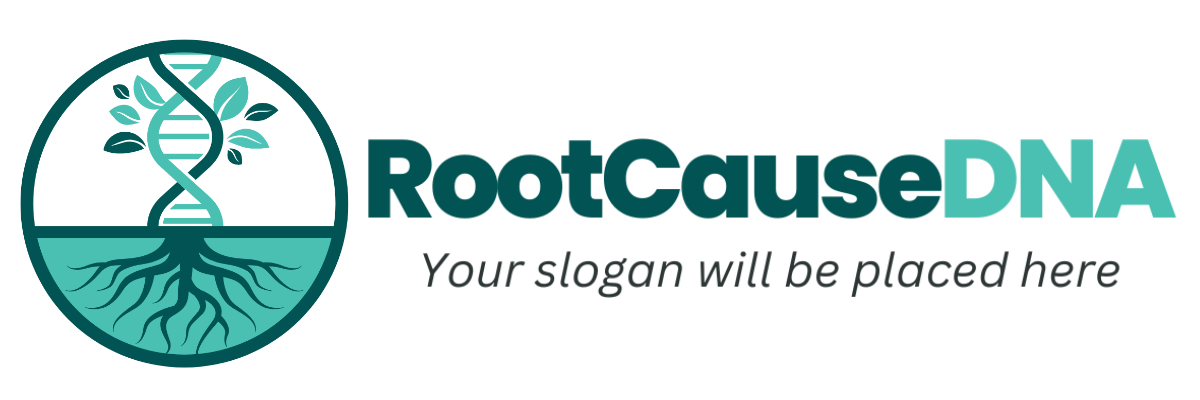Reduce Medications
Reduce Medications
Reducing medication usage, particularly when aiming to minimize potential side effects or interactions, should be approached cautiously and under professional supervision. Here are key strategies to consider:
1. Consult Your Healthcare Provider
Before making any changes, discuss your current medications with your doctor or pharmacist. They can assess the necessity of each medication, evaluate potential drug interactions, and determine if dosage adjustments are appropriate. This collaborative approach ensures any modifications are safe and effective.
2. Implement Lifestyle Modifications
Adopting healthier habits can reduce reliance on certain medications:
• Diet and Exercise: A balanced diet and regular physical activity can improve conditions like hypertension and type 2 diabetes, potentially decreasing the need for related medications.
• Stress Management: Techniques such as mindfulness, yoga, or meditation can alleviate symptoms of anxiety and depression, possibly reducing the necessity for some psychiatric medications.
3. Explore Non-Pharmacological Therapies
Alternative treatments may complement or replace certain medications:
• Physical Therapy: For chronic pain, physical therapy can enhance mobility and decrease pain, potentially reducing the need for pain relievers.
• Cognitive Behavioral Therapy (CBT): CBT can effectively manage mental health conditions, offering strategies that might lessen the dependence on medications.
4. Regularly Review Medications
Schedule periodic medication reviews with your healthcare provider to assess the ongoing necessity of each drug. This practice helps identify medications that can be tapered or discontinued safely.
5. Educate Yourself
Understanding your medications empowers you to make informed decisions:
• Ask Questions: Inquire about the purpose, benefits, and potential side effects of each medication.
• Stay Informed: Keep up-to-date with new guidelines or studies that might impact your treatment plan.
6. Be Cautious with Over-the-Counter (OTC) Medications
OTC drugs can interact with prescription medications or lead to overmedication:
• Consult Healthcare Providers: Always discuss OTC drug use with your doctor or pharmacist to ensure safety.
• Follow Guidelines: Adhere to recommended dosages and duration of use for OTC medications.
7. Utilize Technological Aids
Digital tools can assist in managing medications and health conditions:
• Medication Tracking Apps: These apps help monitor dosages and remind you of schedules, reducing the risk of overmedication.
• Health Monitoring Devices: Wearable devices can track vital signs, aiding in the management of conditions like hypertension, which may lead to medication adjustments.
By integrating these strategies and maintaining open communication with healthcare professionals, you can work towards a tailored approach that may reduce medication reliance while effectively managing your health conditions.
Reducing medication usage, particularly when aiming to minimize potential side effects or interactions, should be approached cautiously and under professional supervision. Here are key strategies to consider:
1. Consult Your Healthcare Provider
Before making any changes, discuss your current medications with your doctor or pharmacist. They can assess the necessity of each medication, evaluate potential drug interactions, and determine if dosage adjustments are appropriate. This collaborative approach ensures any modifications are safe and effective.
2. Implement Lifestyle Modifications
Adopting healthier habits can reduce reliance on certain medications:
• Diet and Exercise: A balanced diet and regular physical activity can improve conditions like hypertension and type 2 diabetes, potentially decreasing the need for related medications.
• Stress Management: Techniques such as mindfulness, yoga, or meditation can alleviate symptoms of anxiety and depression, possibly reducing the necessity for some psychiatric medications.
3. Explore Non-Pharmacological Therapies
Alternative treatments may complement or replace certain medications:
• Physical Therapy: For chronic pain, physical therapy can enhance mobility and decrease pain, potentially reducing the need for pain relievers.
• Cognitive Behavioral Therapy (CBT): CBT can effectively manage mental health conditions, offering strategies that might lessen the dependence on medications.
4. Regularly Review Medications
Schedule periodic medication reviews with your healthcare provider to assess the ongoing necessity of each drug. This practice helps identify medications that can be tapered or discontinued safely.
5. Educate Yourself
Understanding your medications empowers you to make informed decisions:
• Ask Questions: Inquire about the purpose, benefits, and potential side effects of each medication.
• Stay Informed: Keep up-to-date with new guidelines or studies that might impact your treatment plan.
6. Be Cautious with Over-the-Counter (OTC) Medications
OTC drugs can interact with prescription medications or lead to overmedication:
• Consult Healthcare Providers: Always discuss OTC drug use with your doctor or pharmacist to ensure safety.
• Follow Guidelines: Adhere to recommended dosages and duration of use for OTC medications.
7. Utilize Technological Aids
Digital tools can assist in managing medications and health conditions:
• Medication Tracking Apps: These apps help monitor dosages and remind you of schedules, reducing the risk of overmedication.
• Health Monitoring Devices: Wearable devices can track vital signs, aiding in the management of conditions like hypertension, which may lead to medication adjustments.
By integrating these strategies and maintaining open communication with healthcare professionals, you can work towards a tailored approach that may reduce medication reliance while effectively managing your health conditions.
